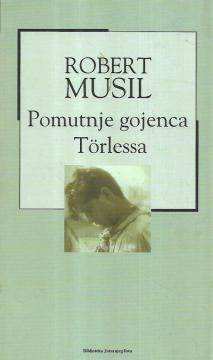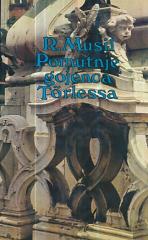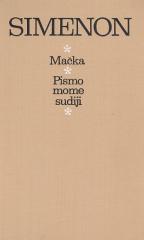
Pomutnje gojenca Torlessa
Roman Roberta Muzila iz 1906. godine, smešten u elitni vojni internat na rubu Austrougarskog carstva, predstavlja Muzilovo remek-delo, inspirisano autorovim sopstvenim iskustvima, koje anticipira uspon fašizma, masovnu psihologiju i krizu modernog čoveka.
Glavni junak, osetljivi adolescent Terles iz plemićke porodice, stiže u ovu zatvorenu instituciju punu nostalgije i unutrašnjeg nemira. Okružen strogim pravilima i muškim kolektivom, suočava se sa pubertetskom zbunjenošću, seksualnim buđenjem i moralnim dilemama.
Terles se sprijateljuje sa dvojicom kolega učenika: ambicioznim i okrutnim Rajtingom i mističnim, okultnim Bajnebergom. Zajedno otkrivaju da njihov kolega Basini krade novac. Umesto da to prijave odraslima, odlučuju da ga sami kazne – počevši od ucene i maltretiranja, što eskalira u sadističko mučenje, fizičko nasilje i homoseksualno zlostavljanje na tavanu škole. Basini, slab i pasivan, sve trpi, postajući žrtva njihovih eksperimenata sa moći i požudom.
Terles, za razliku od svojih aktivnih prijatelja, ostaje posmatrač – duboko introspektivan, ali paralizovan. Fasciniran je Basinijevom ranjivošću i sopstvenom privlačnošću prema njemu, ali istovremeno odbojan od svoje slabosti. Pokušava da racionalizuje nasilje kroz filozofske spekulacije o razlici između razuma i iracionalnosti, svetlosti i senke u duši. Iskustva sa lokalnom prostitutkom Boženom i razgovori sa profesorom matematike dodatno pojačavaju njegove „zabune“ – osećaj otuđenosti od sveta.
Kada nasilje postane nepodnošljivo, Terles tajno savetuje Basiniju da se javi direktoru. Sledi istraga: Basini je kažnjen i izbačen, dok Terles, u zapanjujućem govoru o egzistencijalnoj praznini („stvari se jednostavno dešavaju“), impresionira odrasle svojom intelektualnom dubinom. Proglašavaju ga previše osetljivim za internat i šalju ga kući na privatno obrazovanje. Roman se završava Terlesovim povratkom, ali bez potpunog rešenja – samo dubljim saznanjem o licemerju društva, potisnutim porivima i nemogućnosti apsolutne etike.
One copy is available





